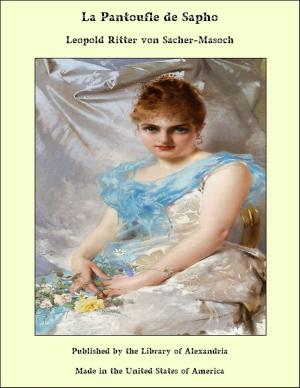The Age of Big Business: A Chronicle of The Captains of industry
Nonfiction, Religion & Spirituality, New Age, History, Fiction & Literature| Author: | Burton Jesse Hendrick | ISBN: | 9781465504821 |
| Publisher: | Library of Alexandria | Publication: | March 8, 2015 |
| Imprint: | Language: | English |
| Author: | Burton Jesse Hendrick |
| ISBN: | 9781465504821 |
| Publisher: | Library of Alexandria |
| Publication: | March 8, 2015 |
| Imprint: | |
| Language: | English |
A comprehensive survey of the United States, at the end of the Civil War, would reveal a state of society which bears little resemblance to that of today. Almost all those commonplace fundamentals of existence, the things that contribute to our bodily comfort while they vex us with economic and political problems, had not yet made their appearance. The America of Civil War days was a country without transcontinental railroads, without telephones, without European cables, or wireless stations, or automobiles, or electric lights, or sky-scrapers, or million-dollar hotels, or trolley cars, or a thousand other contrivances that today supply the conveniences and comforts of what we call our American civilization. The cities of that period, with their unsewered and unpaved streets, their dingy, flickering gaslights, their ambling horse-cars, and their hideous slums, seemed appropriate settings for the unformed social life and the rough-and-ready political methods of American democracy.
A comprehensive survey of the United States, at the end of the Civil War, would reveal a state of society which bears little resemblance to that of today. Almost all those commonplace fundamentals of existence, the things that contribute to our bodily comfort while they vex us with economic and political problems, had not yet made their appearance. The America of Civil War days was a country without transcontinental railroads, without telephones, without European cables, or wireless stations, or automobiles, or electric lights, or sky-scrapers, or million-dollar hotels, or trolley cars, or a thousand other contrivances that today supply the conveniences and comforts of what we call our American civilization. The cities of that period, with their unsewered and unpaved streets, their dingy, flickering gaslights, their ambling horse-cars, and their hideous slums, seemed appropriate settings for the unformed social life and the rough-and-ready political methods of American democracy.















